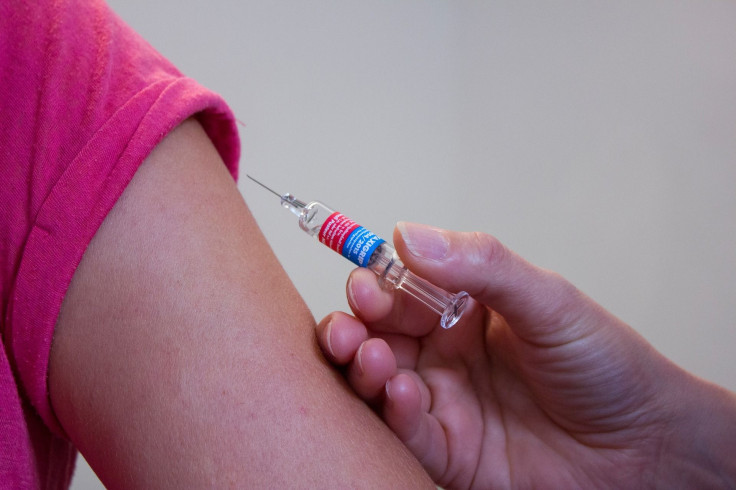Meningococcal Disease: 2 Young Children Affected In Boston, Health Advisory Issued

Two young children in Boston were diagnosed with meningococcal disease, an infectious bacterial disease that affects the brain and the spinal cord.
Both the infected children were associated with Horizons for Homeless Children daycare centers and the last day they were present at the centers was Friday. It was, however, unclear if the two cases were connected to each other.
In a health advisory issued Wednesday, Boston Mayor Martin J. Walsh and the Boston Public Health Commission said, “Both cases have been associated with daycare centers specializing in serving children who have experienced homelessness, however it is not currently known if the two cases are connected.”
Meanwhile, the mother of one of the children said her boy was admitted to the intensive care unit at the Boston Children’s Hospital.
“The doctor had said to me that he could die from this. He could lose limbs, he could lose fingers, he could be brain-damaged. It’s really scary and, it happens so quickly. I want other parents to watch out for the symptoms. Watch out if they’re throwing up and they have a fever (because) it could be worse than you think," the unidentified woman said.
Meningococcal meningitis is a form of bacterial meningitis, a serious infection of the thin lining that surrounds the brain and the spinal cord. If left untreated, it can cause death. It can, however, be prevented with vaccines. While it is a major cause of meningitis, it can also cause sepsis, an even more dangerous condition. The disease can be transmitted through saliva or close prolonged general contact with an infected person. The symptoms take anywhere from one to 10 days to surface. They develop rapidly and include nausea, vomiting, increased sensitivity to light and altered mental status or confusion.
Meanwhile, the advisory said that "All individuals who are known to have been in close contact with these two cases have been identified and received antibiotics as a precautionary measure to reduce the risk of further infection."
© Copyright IBTimes 2025. All rights reserved.





















